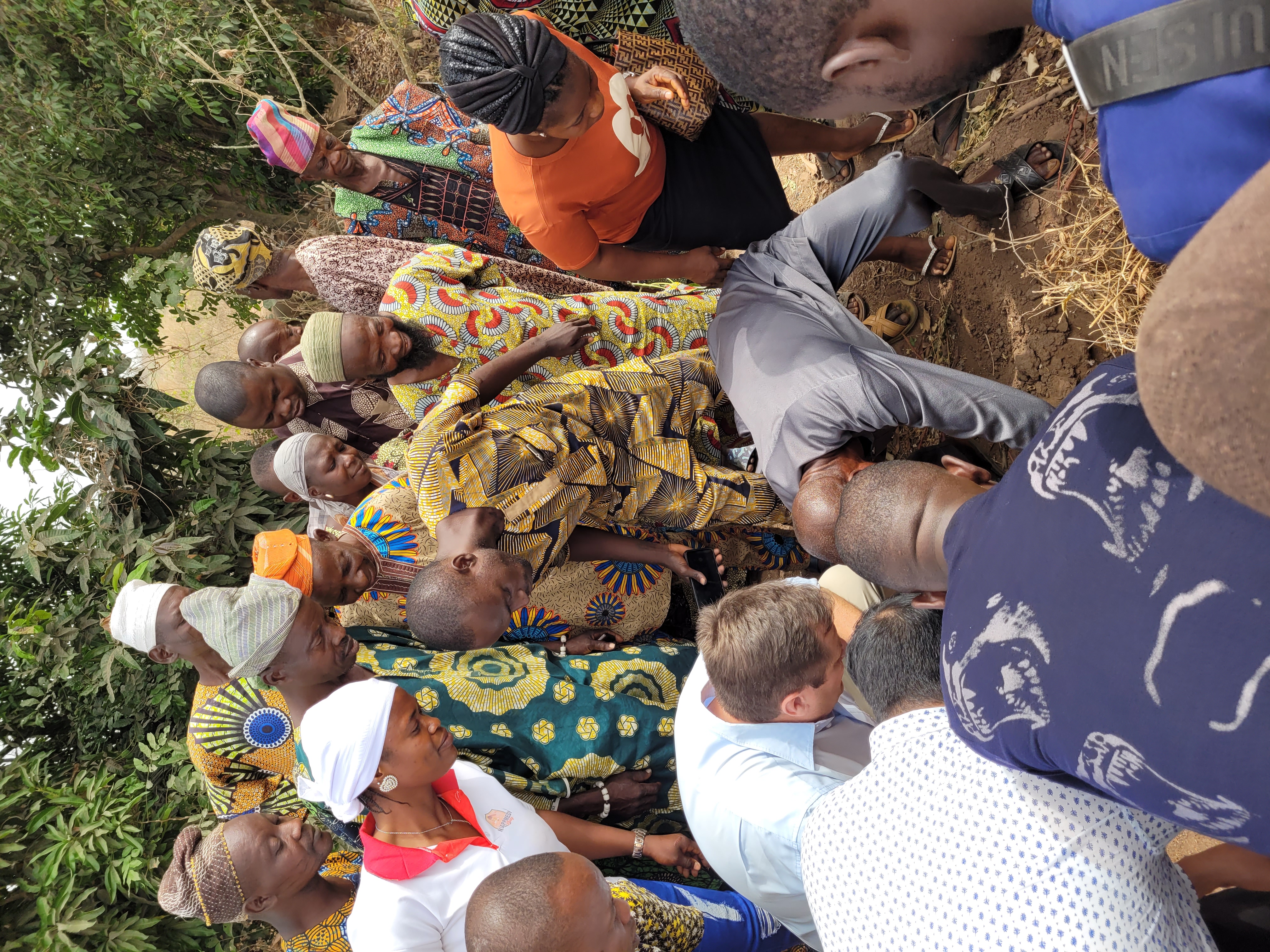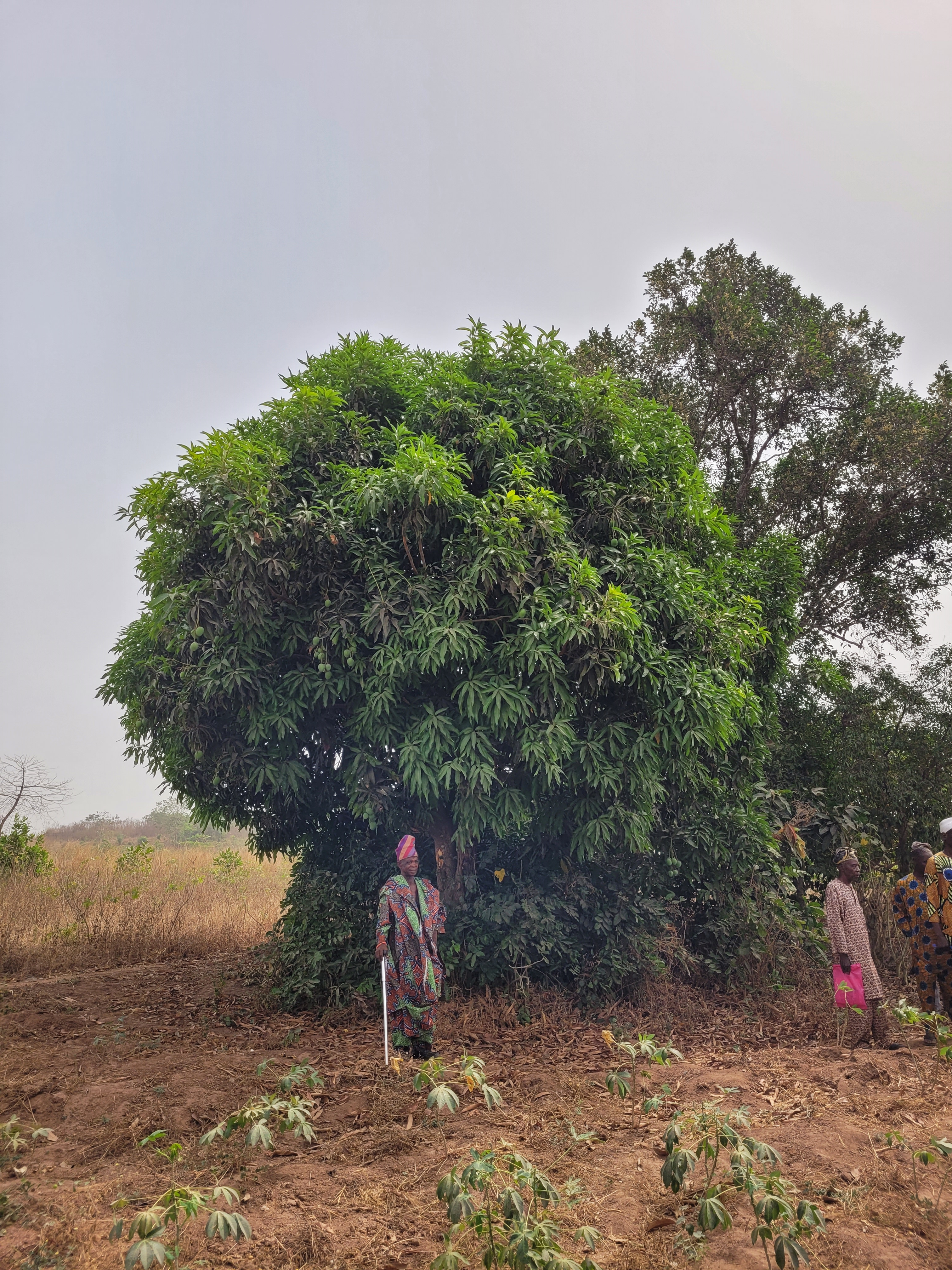Sustainable Agriculture in Nigeria – certification examples in the cocoa and soybean value chains
Nigeria is booming. Not only in the financial centers of Lagos – where we started our latest trip to the country that boosts the largest population of any African nation. Also, in the rural areas of the South-West, where agriculture provides most people with a substantial part of their income.
The Africa Agriculture and Trade Investment Fund (AATIF) is actively engaged in boosting commodity trade and processing in Nigeria, with agriculture-oriented investments in several large banks as well as two companies operating in the cocoa and soybean value chains. These commodities are sourced from smallholder farmers all over Nigeria and exported through the port of Lagos. For the direct investments in agribusinesses, AATIF has partnered with Scipion Capital, an investment manager specialising in structuring trade and commodity finance.
In January 2024, the AATIF Technical Assistance (TA) Facility, managed by the Common Fund for Commodities (CFC), visited Nigeria to monitor ongoing Technical Assistance projects that were recently launched. The projects focus on supporting the two investee companies with their sustainable sourcing strategies.
Rainforest Alliance Certification in the cocoa value chain
In collaboration with Courtyard, a prominent cocoa trader, the AATIF TA Facility has launched an ambitious project that centres on obtaining Rainforest Alliance (RA) certification. RA entails a rigorous standard that promotes environmental conservation, fair labour practices, traceability and high-quality crop production. With a targeted approach, the project's initial phase extends its reach from 500 to 1,000 cocoa farmers in Ondo state. Scheduled audits in April 2024 will assess compliance with RA criteria.
The certification is not merely a stamp of approval; it represents a collective commitment by all key players in the value chain to fostering biodiversity, improving the livelihoods of farmers, and elevating the overall quality of cocoa production. This project marks a clear way forward towards sustainable sourcing and aims to contribute to the overall rejuvenation of the cocoa sector in Nigeria.
Organic certification in the soybean value chain

In a similar fashion, the AATIF TA Facility has launched an outgrower project with a soybean trader. The project will be focused on the sustainable sourcing of organic certified soybeans from a large farmer base, spanning more than 19,000 farmers. The AATIF TA Facility supports specifically with the development of a structured sourcing approach in several states and works closely together with the local team to ensure certified organic soybean supply and to avoid contamination throughout the supply chain.
The audits for organic certification have been scheduled for March 2024 and the expectation is that the farmers will receive the organic certification. The trajectory of the market growth for organic soybean and soymeal (also known as the soy ‘cake’, used in the animal feed industry) paints a promising picture for the future, although competition from other traders in the region is stiff.
These field visits by the TA Facility Manager are important as they provide a pragmatic understanding that extends beyond statistical data and long reports. Through interactions with company staff, farmers, factory workers and industry experts, the TA Facility Manager better truly comprehends the enormous daily efforts that are put into place by these champions of sustainable sourcing.

